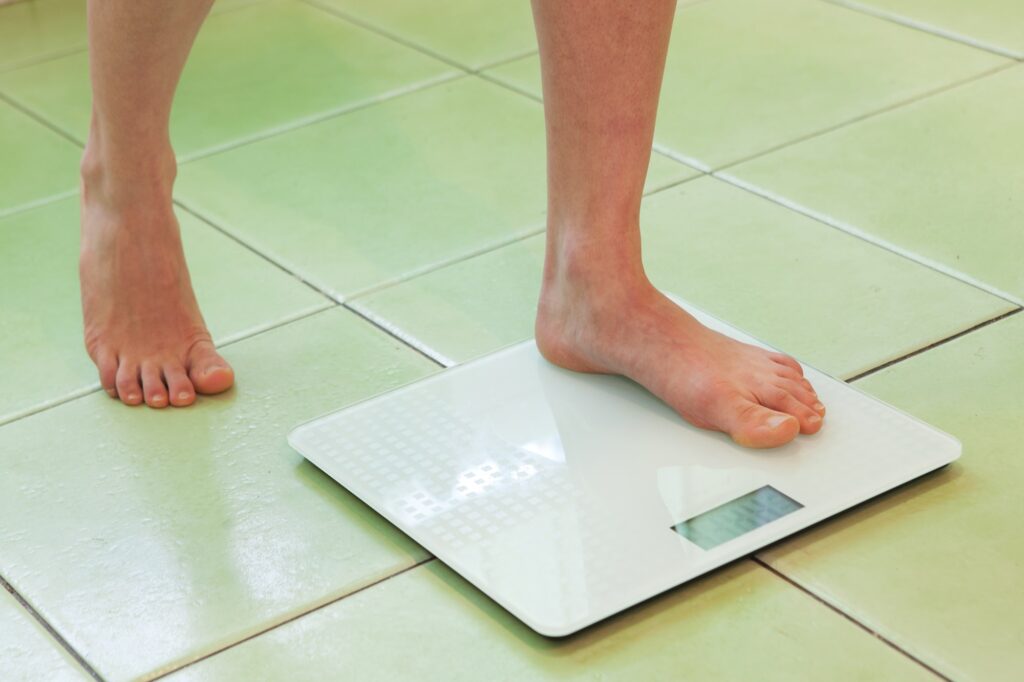
Drug and alcohol abuse can affect people from all walks of life. According to data from the National Council for Drug Abuse Statistics, 22% of males and 17% of females engaged in some form of drug abuse (using illegal drugs or misusing prescription ones) within the last year. Many more people consume alcohol socially, take prescription drugs under the supervision of a physician or have used drugs recreationally. The line between substance use and dependence can be thin. If you’re worried about your own drug use habits or are concerned about a loved one, educating yourself about the early warning signs of dependency is important.
What Are the Top Warning Signs of Substance Abuse?
There are many signs and symptoms of drug and alcohol abuse. Some of these signs are similar to the signs of depression or mental health issues. It can be particularly difficult to spot the early warning signs of substance use disorder in young people, as some of the signs can be mistaken for normal teenage rebelliousness. Seeking professional advice can help identify the root cause of any problematic behavior early, whether that ends up being drug abuse or depression.
Sudden Weight Loss

Mood Swings
Another sign of drug addiction is mood swings and irritability. Many people who are abusing drugs or alcohol become withdrawn and show depression-like symptoms. In young adults, it’s easy to mistake this for moodiness or teenage rebellion. However, underage drinking is common enough that such behavior should be taken seriously. According to the National Institute on Alcohol Abuse and Alcoholism, in 2019, seven million young people aged between 12 and 20 reported that they’d drunk more than “just a few sips” of alcohol in the month preceding the survey.
Substance use disorders can cause impaired judgment and erratic behavior. This can make it hard for family members to maintain relationships with the addict. Fortunately, professional help in the form of detox and residential care can put an addict back on the path to being able to maintain normal relationships.
Slurred Speech
Slurred speech and other physical signs such as bloodshot eyes are clear giveaways that a person is using alcohol or other substances. If the person is regularly showing such physical signs, this indicates they’re not simply indulging recreationally. Their continued use of drugs or heavy drinking could be problematic. Other physical symptoms of addiction include watery eyes or dilated pupils. It’s worth asking questions if you notice any unusual changes in a person’s behavior or physical well-being.
Disturbed Sleep Patterns
Many drugs have an impact on the user’s sleeping patterns or sleep quality. Some drugs make a person sleepy when they take them, which may make it difficult for them to sleep at night. Others are stimulants that make it difficult for the user to fall asleep at all. Even alcohol can disturb a person’s sleep. While some people choose to have a small drink as a nightcap before bed, research shows the quality of sleep a person has when they drink before bed is reduced. The more alcohol a person consumes before bed, the less REM sleep they get, and the less well-rested they’ll feel when they wake. Since people tend to have to drink more and more to get the desired effects, they can find themselves making their sleep issues worse over time.
Neglecting Personal Grooming Habits
A person’s physical appearance can be a clear indicator of their lifestyle. Someone who’s battling addiction may start to neglect things like bathing, showering or taking care of their teeth. If a loved one who’s normally well-groomed starts to look unkempt and is also showing some of the other common signs of drug addiction, consider pointing them to some local resources for mental health or addiction treatment.
Secretive Behavior
It’s common for people who are abusing drugs to become secretive. They may be worried about legal trouble if they’re taking illicit substances. Alternatively, they may know their loved ones wouldn’t approve of their drug use and simply be hiding it from them.
If a person’s drug or alcohol habit has started to interfere with their professional lives, they may struggle to hide what they’re doing from their coworkers. This secretive behavior can turn to increased irritability or anger if they feel their secret is under threat.
Unexplained Financial Problems
People who are dealing with addiction may find themselves struggling to fund the drugs or alcohol they’ve become dependent on. This may lead to them getting into debt or drive them to steal money. In the early stages, the addict may simply stop going out as much or spending money on other things so they can afford the drug or drink they’re addicted to.
Losing Interest in Hobbies
If a person seems to have lost interest in things they used to enjoy, this could be a sign of a mental health issue or substance use disorder. The loss of interest could be due to their mental state or could be because they simply can’t afford to indulge in their favorite pastimes due to the money they’re spending on their addiction.
Substance Abuse Help Is Available
 It’s possible to get help for drug or alcohol addiction. If you’re struggling with addiction or someone you care about is showing signs of drug dependence, taking some time to get help could genuinely be life-saving.
It’s possible to get help for drug or alcohol addiction. If you’re struggling with addiction or someone you care about is showing signs of drug dependence, taking some time to get help could genuinely be life-saving.
It’s important to seek help from a medical professional rather than trying to treat addiction at home. The withdrawal symptoms from some drugs can be dangerous. Even alcohol cessation can put someone at risk if they’ve been drinking heavily for a long time. Trained medical professionals can help people work through the withdrawal process safely and also give them the tools they need to go back to a normal life and stay clean.
At Behavioral Health Centers, we offer state-of-the-art medical detox services, including residential detox with therapy and case management included. During their residential stay, patients receive professional treatment and are given the chance to take part in enriching activities to help them productively fill their time and break the habits that may have been driving their substance abuse problems.
After the residential stay, ongoing follow-up sessions help reinforce positive behaviors, reducing the risk of a relapse. If you’d like to know more about these detox services, contact us for a consultation.







